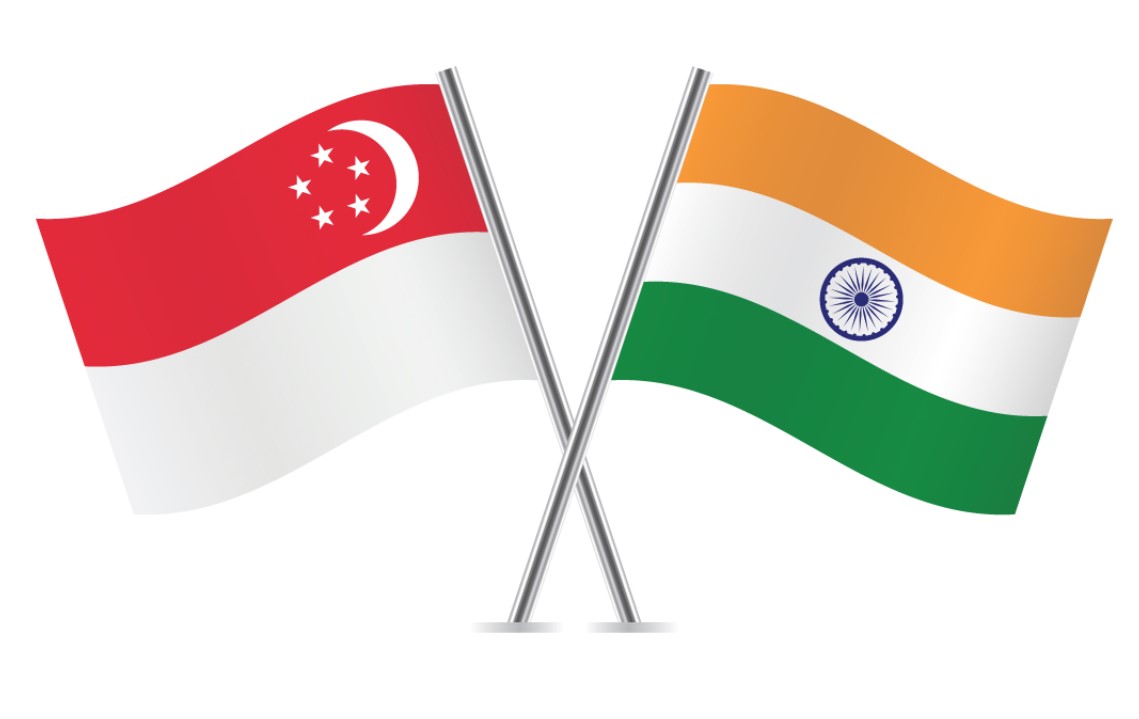Singapore, India Trade Pact Review: Tariff Cuts, Flexible Rules of Origin Announced under CECA
Posted: 20th June 2018 10:15
Singapore and India have successfully concluded the much awaited second review of their preferential trade pact – the Comprehensive Economic Cooperation Agreement (CECA).Enhancements to the CECA will strengthen bilateral ties between Singapore and India due to better trade facilitation and lower tariffs allowing Singapore and Indian businesses increased access to each other’s markets.
Announced on June 1, following the Indian Prime Minister Narendra Modi’s official trip – the two countries will reduce or eliminate tariffs on 30 additional products, relax rules of origin, allow for the inclusion of a ‘de minimis’ provision, and ensure mutual recognition of nursing standards.
Changes to the preferential tariffs will apply to a variety of sectors, including foodstuff and nylon molding powder.
Flexibility has also been introduced so that certain goods will qualify as originating from Singapore even if the amount of inputs used in production do not meet the new tariff classification requirement.
In addition, product specific rules have been created for goods such as edible oils and machinery parts.
The two countries also agreed to better recognition of each other’s standards regulating the training and practice of nursing.
The CECA came into force in 2005, and the first review was concluded in 2007. It was the first such comprehensive free trade agreement (FTA) signed by India with any country covering trade in goods as well as trade in services and investment.
Singapore is also party to India’s FTA with the ASEAN or Association of Southeast Asian Nations, which was signed in 2003 but came into full effect in 2016 after an additional transitional period for newer ASEAN member countries.
India and Singapore are also part of the 21-member Asia-Pacific Economic Cooperation (APEC) Forum.
Bilateral trade between Singapore and India has been improving steadily over the years, growing from over US$6.15 billion in 2005 to US$13.41 in 2015.
In 2016-17, total trade reached US$16.7 billion after registering a 24 percent increase in exports; industry experts aim for trade to reach US$25 billion by 2019-20.
India is Singapore’s largest trading partner in South Asia and Singapore is India’s second largest trading partner within ASEAN, after Indonesia.
Singapore’s top imports from India in 2017 were petroleum oils, jewelry, and precious metals while top exports to India included machinery, petroleum oils, styrene, and gold.
A unique aspect of India’s trade with Singapore arises from the fact that it is an entrepot trading center.
Due to its port infrastructure, a substantial part of Singapore’s exports to India is in the form of re-export of goods originating in third countries.
Thus, Singapore’s re-export component is higher than the export of its domestically produced items.
It is also likely that a share of India’s exports to Singapore get re-exported to third countries, including to CLMV countries – Cambodia, Laos Myanmar and Vietnam, and Pakistan and South American destinations.
This article was first published on India Briefing.
Since its establishment in 1992, Dezan Shira & Associates has been guiding foreign clients through Asia’s complex regulatory environment and assisting them with all aspects of legal, accounting, tax, internal control, HR, payroll, and audit matters. As a full-service consultancy with operational offices across China, Hong Kong, India, and ASEAN, we are your reliable partner for business expansion in this region and beyond.
For inquiries, please email us at india@dezshira.com. Further information about our firm can be found at: www.dezshira.com.




Comments